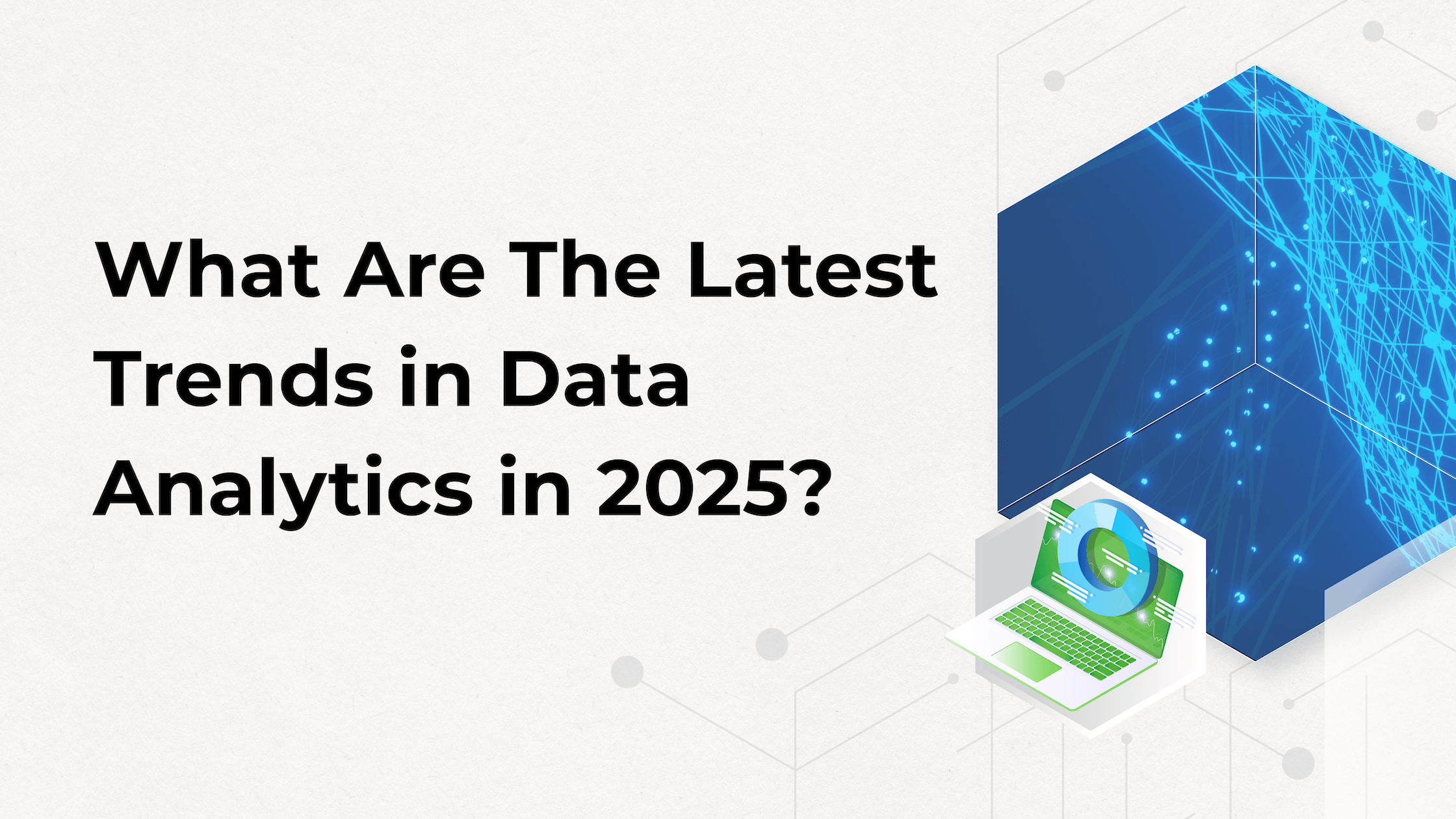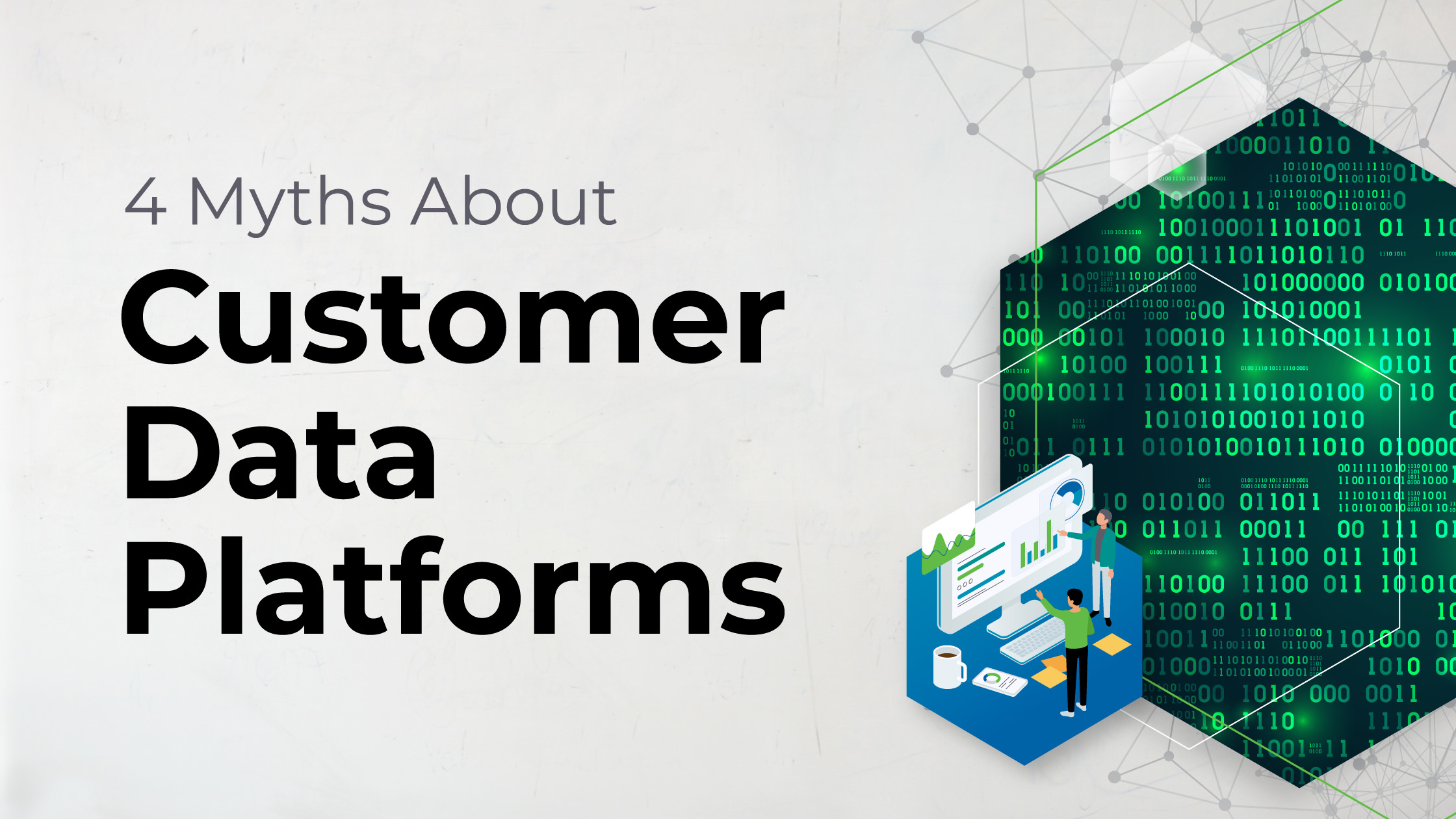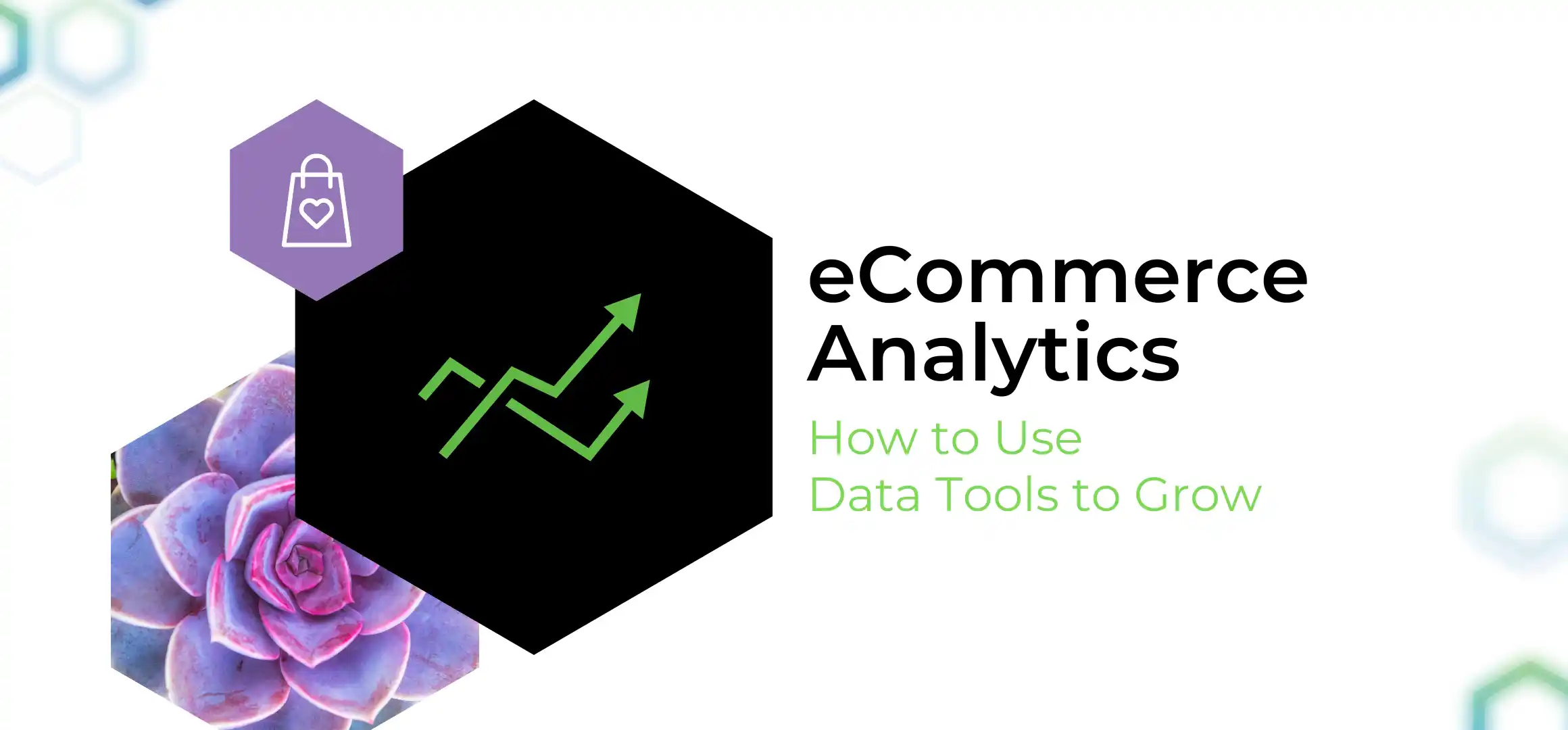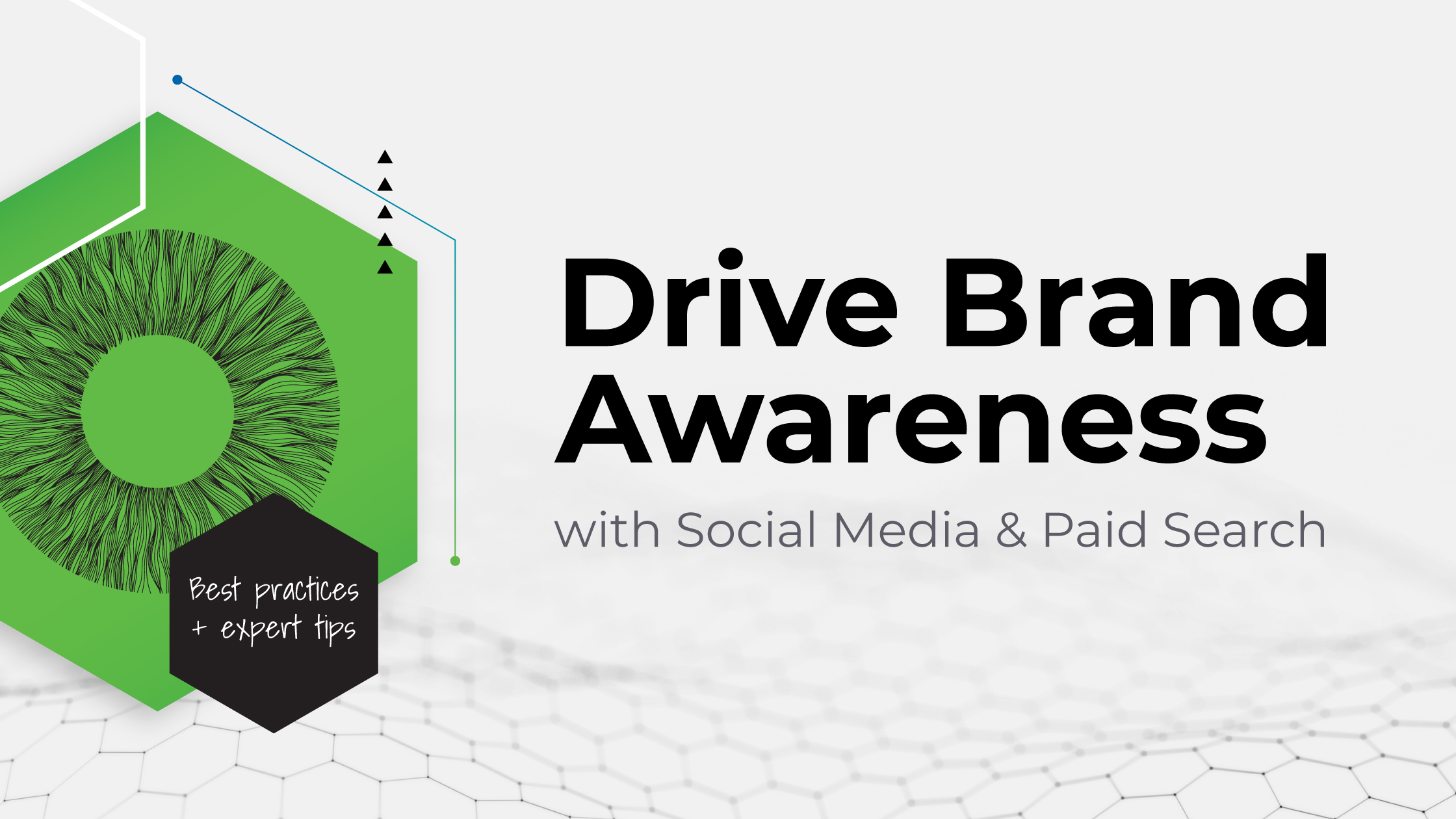
Author: Steve Lock
Prepare for a whistle-stop tour of 2025 data trends and terms you can expect to hear throughout the year.
Without further ado, let’s get started!
GenAI & Agents
It wouldn’t be a trends list without mentioning AI, but everyone on the planet is overloaded with this topic, so we’ll try not to focus on it too much!
Love it or hate it, GenAI has exploded over the past few years. With an eye-watering level of investment, 2025 will see an obsession with taking the technology and use cases to the next level. Agents enable GenAI to take action and automate workflows, helping to solidify more tangible business use cases. Expect to hear ‘agents’ being discussed probably more than anything else on this list.
One of the most interesting companies to watch will be Salesforce/SFDC who are well placed to capitalize as they already hold key data points and business processes for many of the world’s biggest organizations. It’s also no secret that they’ve gone all in with AgentForce and claim to use it internally with approximately one-third of their support queries already.
AI Driving the Need for Data Engineering Projects
A side effect commonly acknowledge by organizations trying to adopt AI, is that it puts access to data and data quality under the microscope, often highlighting that modernization is a prerequisite for significant data engineering projects.
Throughout 2025, we expect to see the adoption of AI to drive more investment in broader data projects, such as centralizing data with modern data platforms.
Synthetic Data
Experts have predicted that we may already be seeing AI training hit a wall, with limited access to new data required to improve and create new foundational models. This is because so much of the world’s data has already been ingested.
There are also concerns around synthetic data created for training as it could potentially ‘poison’ or even ‘collapse’ large language models. However, we’re starting to see many more examples where research labs have released models based on synthetic data successfully. We expect to hear much more about synthetic data this year, including inevitably both successes and high-profile failures.
Augmented Analytics & Automation
Automatically surfacing data insights is nothing new and has been around for a while in platforms such as Google Analytics and the major BI tools, just to name a few. Typically these have been based on more traditional machine learning.
With the proliferation of GenAI being added to everything, we’re now seeing tests such as Google Gemini-based interfaces and insights being added to Google Ads. We expect to see GenAI continue to be added to all SaaS products, including a higher number of data use cases and implementations to automatically generate insights and streamline workflows. You can read more about Google Ads conversational experiences here as an example.
Modern Data Platforms
Another key trend is building a modern data platform to streamline and improve how data is managed and engineered within organizations, typically harnessing solutions such as Snowflake and Databricks at the heart of it. They’re also supplemented with modern data tools such as DBT, DLT, AirByte, Airflow, DuckDB, Great Expectations and Jupyter Notebooks to mention just a few.
The main concept is to build a central platform that is as consistent and easy to maintain as possible, while removing legacy ways of working and technical debt by harnessing more modern and often open source data tooling.
Data Mesh
There was a huge amount of hype around data mesh architectures in 2024 and we expect to hear more in 2025. The big idea behind a data mesh is that the domain teams/departments would take more ownership over managing and ingesting data into an overall data product. The architecture also has a heavy emphasis on self-service models. It makes sense conceptually, however we expect success in the real world to be heavily dependent on the teams’ technical capabilities on a case-by-case basis.
If you have a data-savvy team, it would likely work very well. However, most organizations will probably need to either upskill or recruit technical talent to support, such as data engineers specializing in each domain. From my own experience, I’ve seen that even the most sophisticated-seeming organizations greatly vary in the level of resources available to be successful. To learn more about data mesh architecture, check out this website.
Data-as-a-Service (DaaS)
As AI training data is becoming more and more valuable, combined with increased concerns over content IP, we expect to see an increase of data deals as we’ve already seen across OpenAI, X/Twitter, Reddit and a wave of major publishers.
Over the coming years we also expect to see publishers’ revenue streams diversify from more traditional consumption to also include more licensing content via APIs as data products.
Cloud Repatriation
It’s a well-known secret that major cloud computing vendors can cost 2-3X more as compared to forecasted cost estimates when migrating from physical servers and infrastructure.
As a trend, I understand that an increasing number of businesses are moving back from the cloud to on-prem solutions that can have the benefit of being more compliant for sensitive data, as well as being more cost-effective.
Interestingly, it’s common to have contracts in place so the information isn’t publicly available (such as receiving discounts for cloud vendors being able to use customer logos), but there have been high-profile examples including Geiko and we’d expect to see more.
Regulation, Data Privacy & Data Sovereignty
As the AI arms race heats up, and with some of the hottest recent tech stories including the trillion dollar impact of DeepSeek being launched on the big tech industry, it’s inevitable that we’ll see more noise in 2025 around regulation, data privacy and laws defining where your data is stored and how it can be used. Some reports suggest that US users could even face jail time and millions in fines if new laws are passed.
In conclusion, the tech and data space in 2025 is expected to be a wild ride and we’ve only scratched the surface. If there’s any major data trends you think we’ve missed please let us know!
Unsure whether your existing team is best positioned to leverage these 2025 trends? Make our Marketing Performance Optimization Experts your next call.




